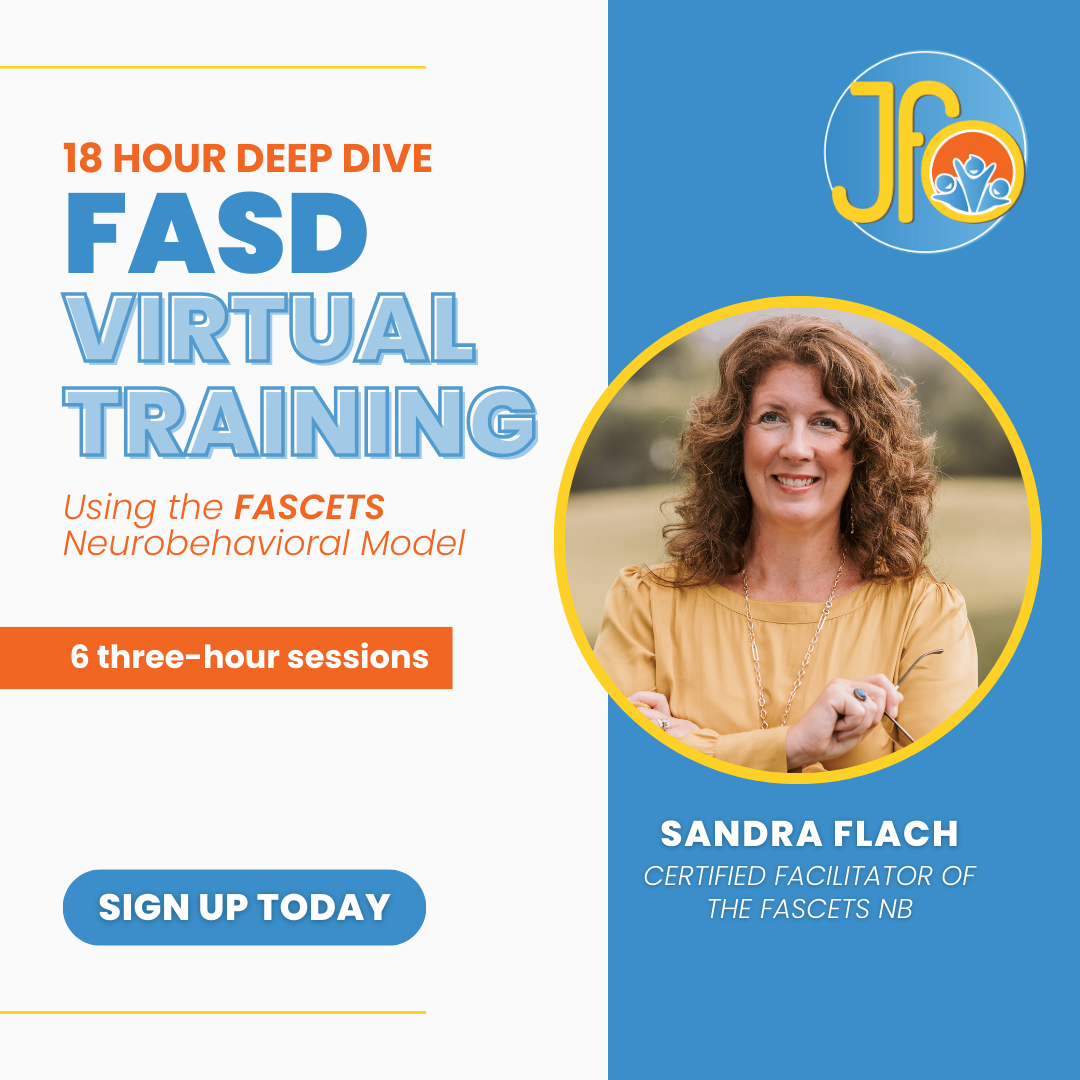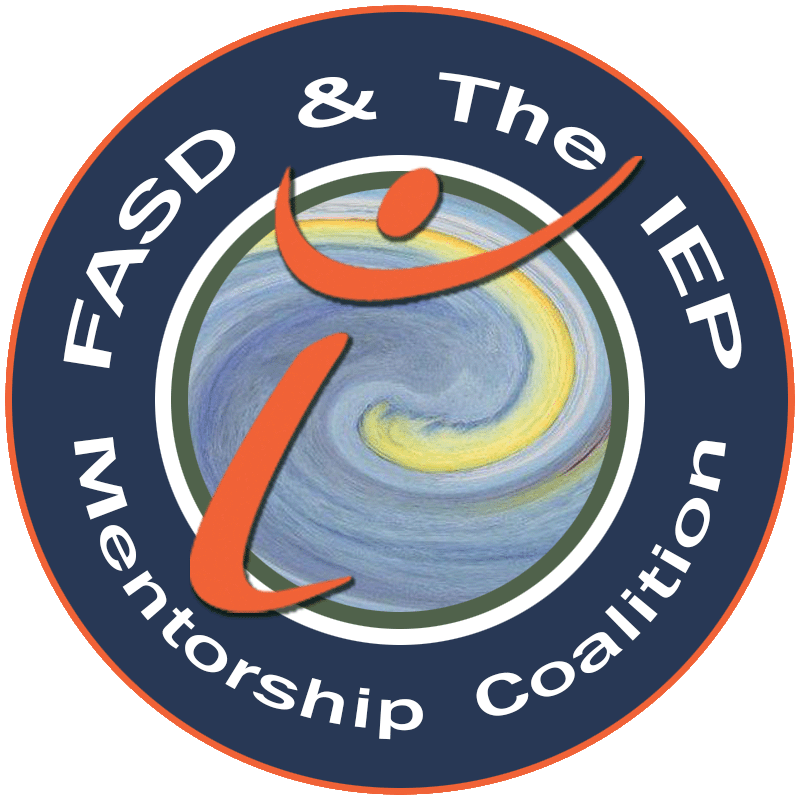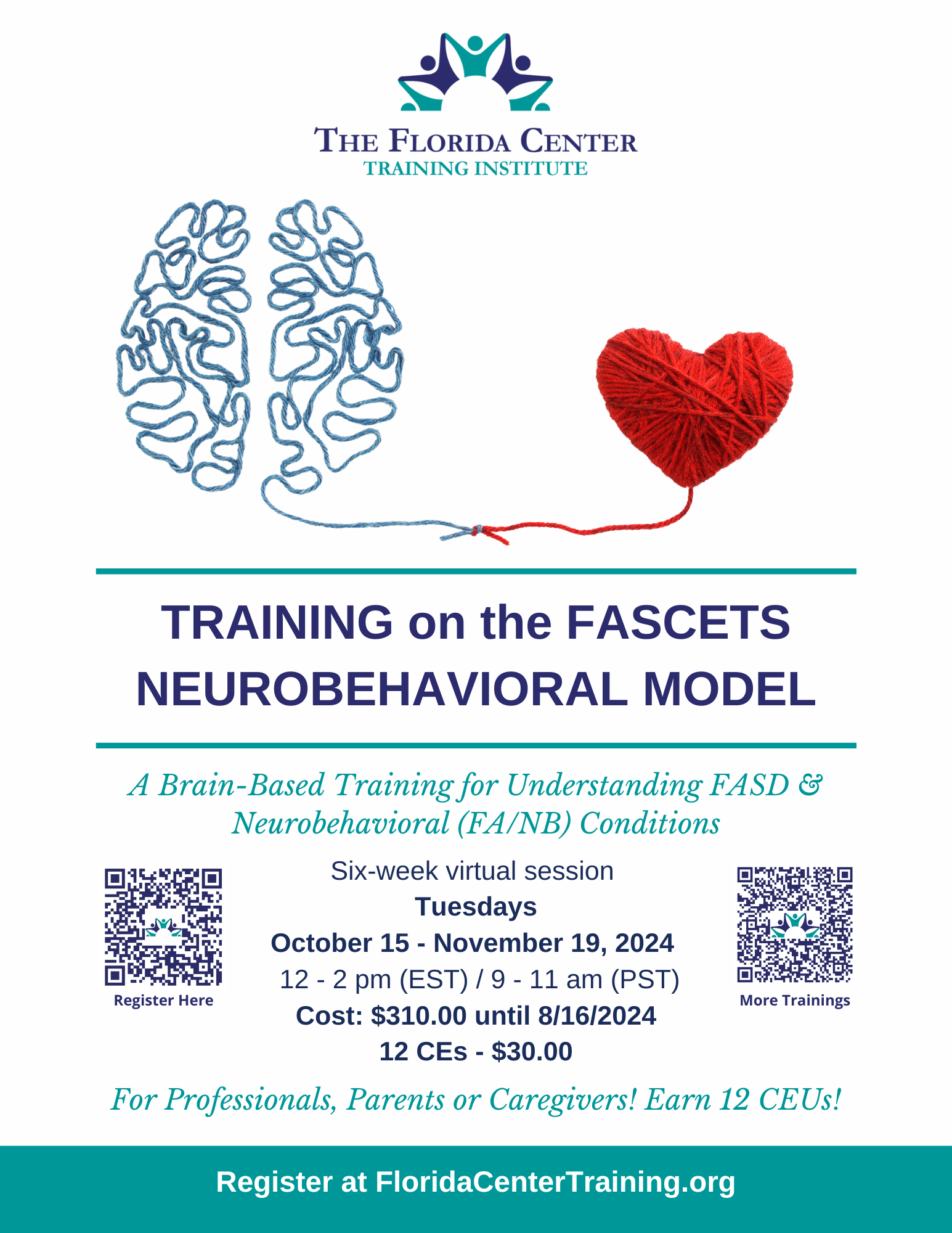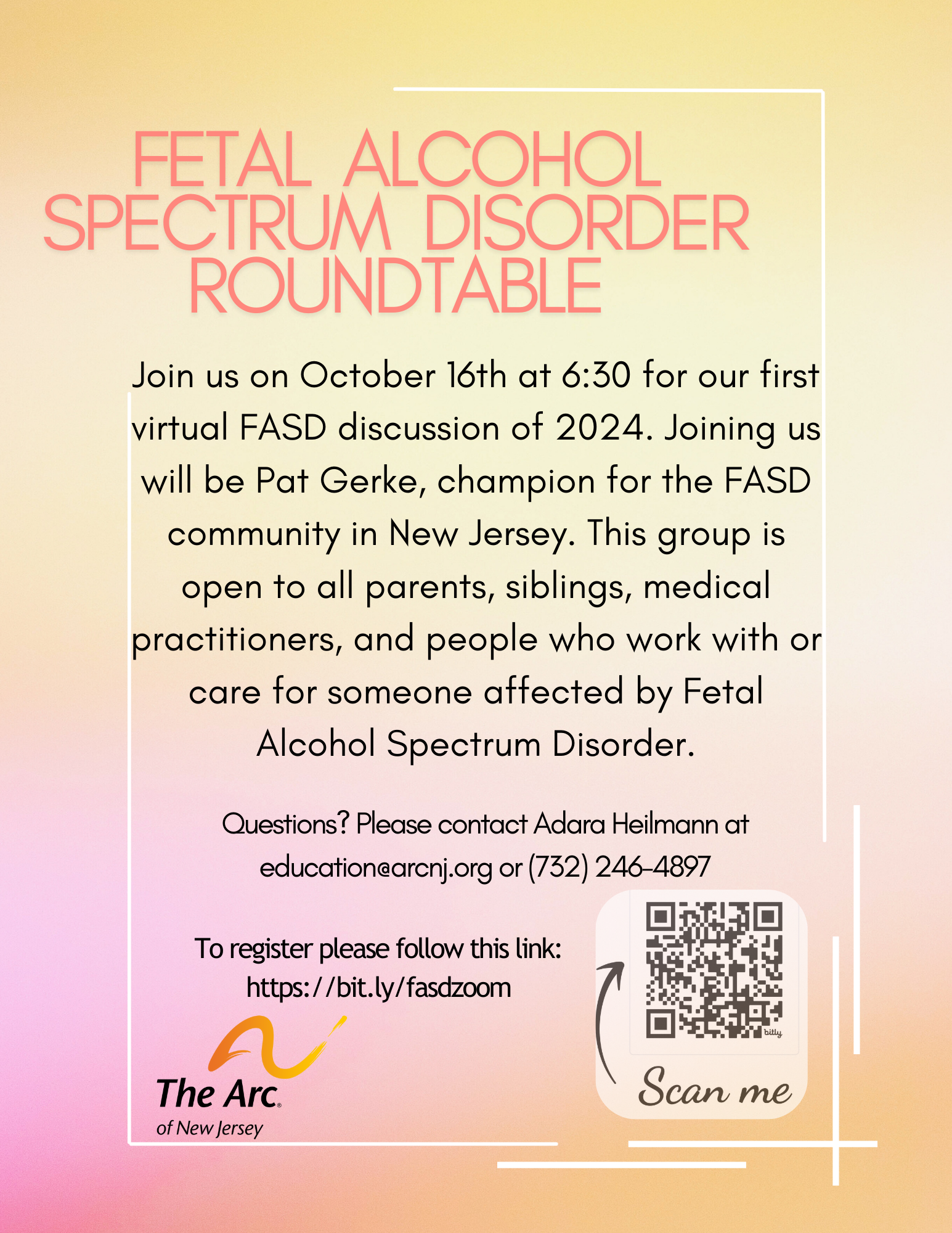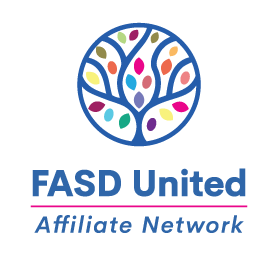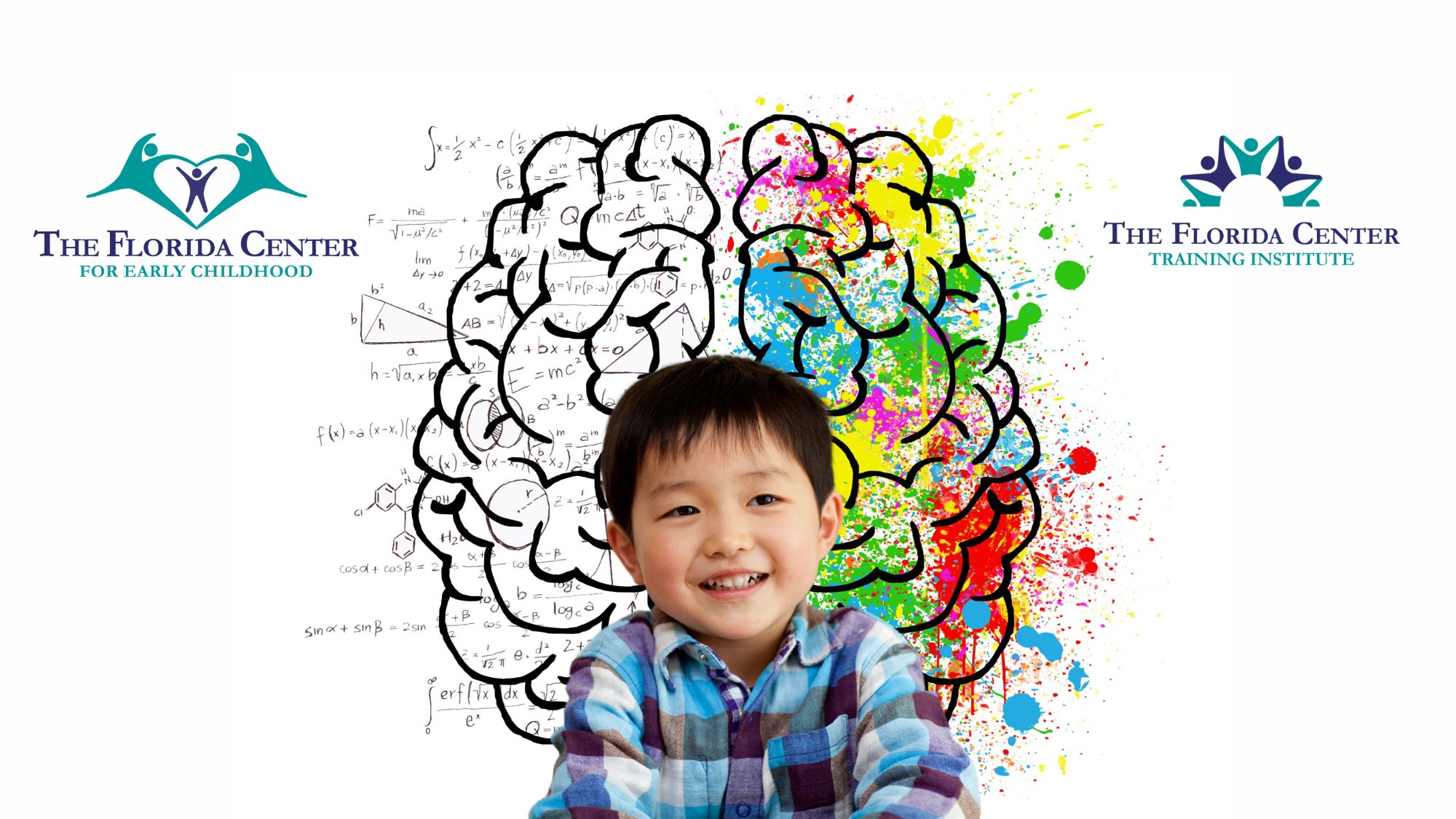Your cart is currently empty!
FASD Deep Dive Workshop
VirtualThis online workshop includes six 3-hour sessions diving into the FASCETS Neurobehavioral Model. Attendees will explore the impacts of prenatal exposure along with the primary, secondary and tertiary symptoms. Throughout the course attendees will be encouraged to shift their thinking from behavior to a brain-based perspective as they learn to apply accommodations to better support […]

